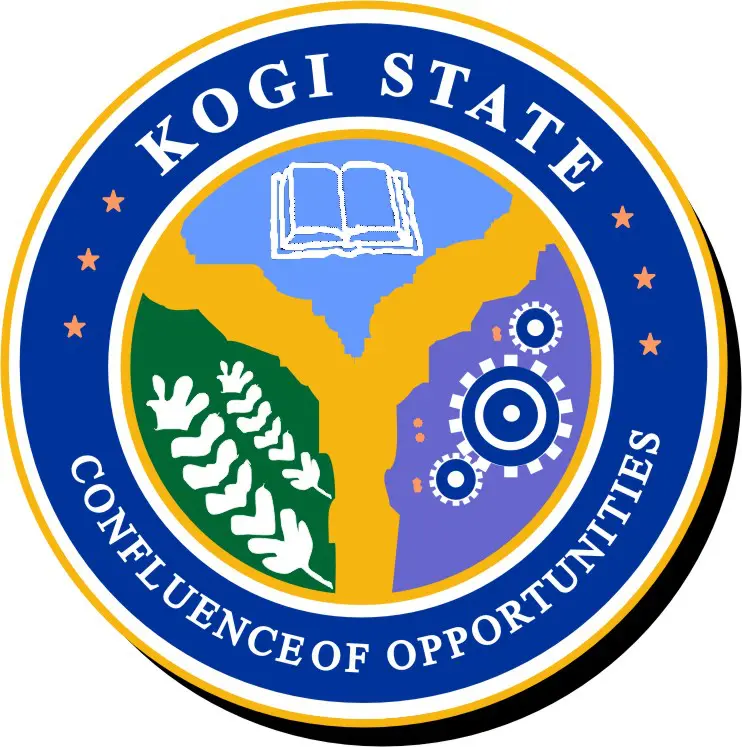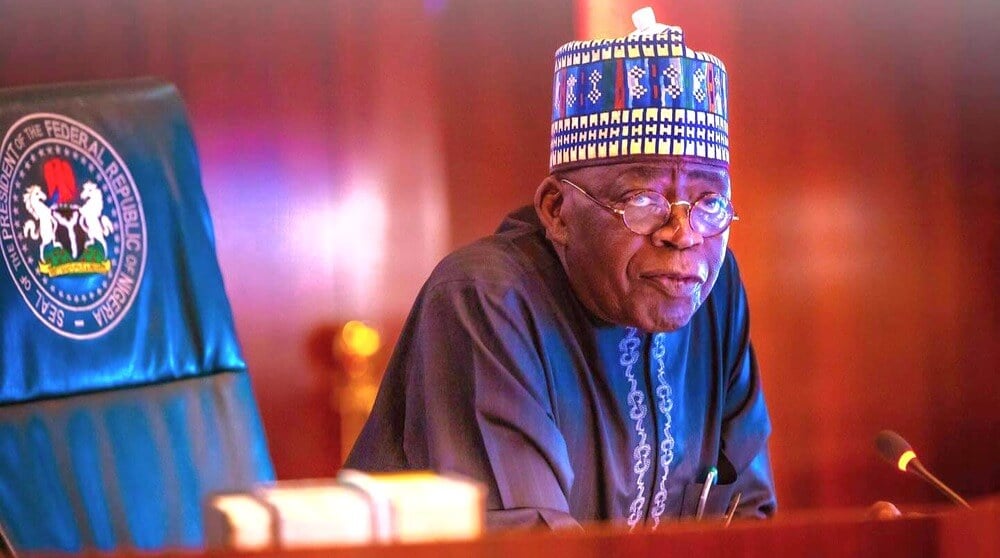Nigeria’s Struggle with Greed, Ethics, and Public Service
Nigeria, a country known for its rich cultural heritage and abundant natural resources, is embroiled in a relentless battle against the intricate web of greed, ethics, and public service. These elements intersect, significantly influencing the nation’s development, governance, and the well-being of its people – a struggle that necessitates persistent efforts from both the government and the citizenry. The imperative lies in addressing these issues to propel the nation’s progress and build a society where public servants wholeheartedly prioritize the common good over personal interests, as voiced by Margaret Smith.
Greed, intertwined with power and material wealth, has permeated Nigerian society, particularly within the sphere of public service. This insatiable hunger for personal gain has catalyzed rampant corruption, eroding public trust, undermining institutions, and impeding socioeconomic advancement. The normalization of opulence among politicians and civil servants has birthed a culture where ethical compromises are the norm, severely crippling developmental initiatives and perpetuating inequality and poverty, as succinctly highlighted by Joe Biden.
Widespread instances of civil servants amassing unexplained wealth egregiously overshadow their legitimate earnings, painting a stark picture of unchecked greed and corruption. A comparative analysis with a case from Australia further accentuates the ethical deficit within Nigerian public service, where ethical breaches rarely result in resignations, signaling a pressing need for societal decency and adherence to ethical standards.
Recent revelations unveiled a series of public officials accused of embezzlement and fund diversion, reflecting a broader pattern of graft and misuse of public funds across various levels of governance. This deeply rooted malfeasance accentuates the dearth of accountability and transparency, demanding urgent attention.
Conversely, upholding ethical conduct is pivotal in fostering public trust and prioritizing citizens’ interests over personal gain. However, Nigeria’s public service has grappled with ethical lapses, perpetuating a culture of corruption and maladministration. Overcoming these challenges mandates extensive legislative reforms, institutional fortification, and a concerted effort to instill a culture of integrity, buttressed by proactive leadership and a steadfast commitment to combat corruption.
Examining the intricacies of greed, corruption, and ethics, it is imperative to address the self-interest of politicians and political appointees, fundamentally reshaping it into an enlightened pursuit devoid of bureaucratic compromises. Upholding the ethics of the public sector, safeguarding procedural adherence, and imposing consequences for unethical conduct are indispensable in combatting the pervasive tide of corruption.
In conclusion, Nigeria’s battle against greed and corruption is instrumental in realizing its potential as a leading African powerhouse. Upholding ethics and combating corruption are vital components in fortifying democracy and underpinning societal progression, echoing the sentiment of Alice M Rivlin. The collective endeavor toward ethical governance is quintessential in shaping Nigeria’s future.



